LLMs are stateless. Each msg you send is a fresh start - even if it's in a thread.
So you favourite AI apps are probably not designed to "remember" the early msgs in a chat - implying that you should start new chats frequently

Hi, I'm Nityesh - a full-stack creator.
You might have seen me on X or LinkedIn. I post about creating SaaS tools, podcasts, community and courses for creators. I created this website because I'm doing things worth writing about.
Do something worth writing
Write something worth reading
Read something worth doing
– Shaan Puri
If i do it right, reading words on this site should help you too - especially if you embark upon this epic creator journey. These pages have my hot takes, secret recipes and behind-the-scenes tales. Optimised not for engagement, but for truth.
So you favourite AI apps are probably not designed to "remember" the early msgs in a chat - implying that you should start new chats frequently
AI taught me how to make the app html file of my SaaS app manageable using layouts
And not just making things pretty
8x'ed revenue, went from 1 tool → 5 tools and got lots of great testimonials. But we still haven't reached ramen profitability.

Why you should not write engaging articles, writing without expectations and how I defeat the Blank Page Paralysis monster every week
Our marketing strategy for 2025, why we are rejecting the marketing "best practices" that have emerged in 2010s and why this strategy will win
Why I spent a week building custom Ghost themes for my blogs with AI and why you should too
https://x.com/fdotinc/status/1868854980767367330 "Building something for yourself. Work on things you wish existed." I've been building comm
I wanted to see how GPT-3 performed when I asked it to rewrite my latest article on community building. Here are my notes.

Whether you are setting up your community, growing engagement or measuring the return on your efforts, here are 11 mistakes to avoid as a first time community builder

For the past ~3 years, I have been making a living as a community professional. I help startups turn their faceless audiences into online co

It is easy to dismiss remote work for all the obvious challenges that come from missing human contact. But the smartest people of tomorrow will be the early adopters today who focus on power of the innovation.
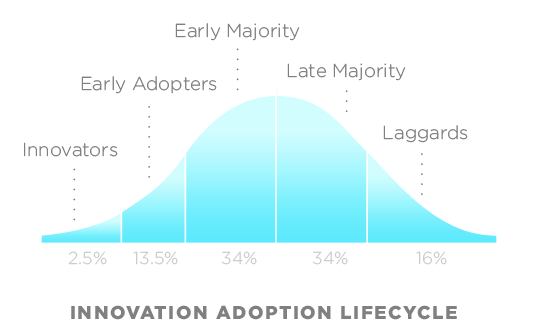
I'm going to discuss each of these pillars and describe how On Deck created a high-value experience around them, so that you may use it for your own community.
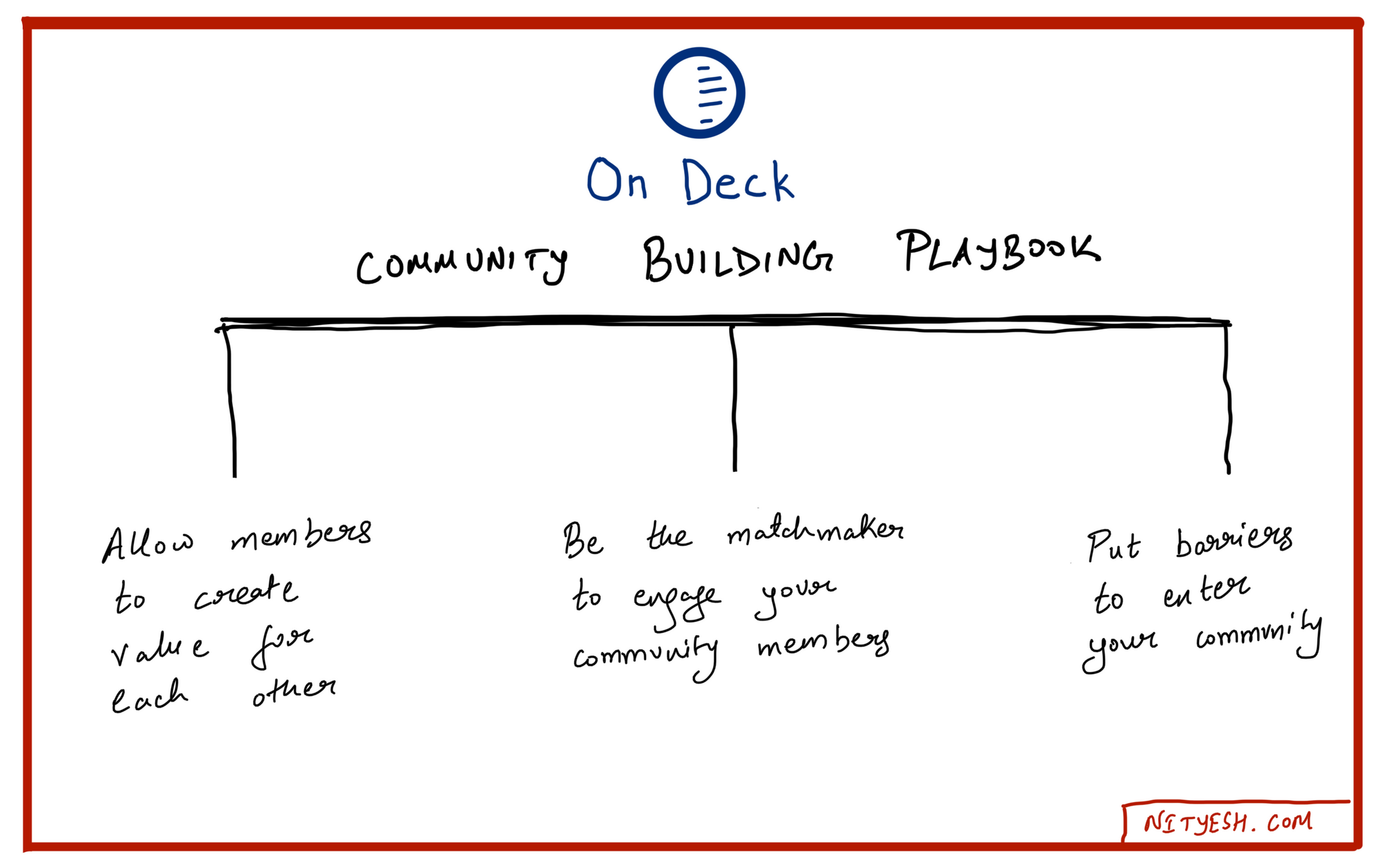
Also, my fan letter for David and his book
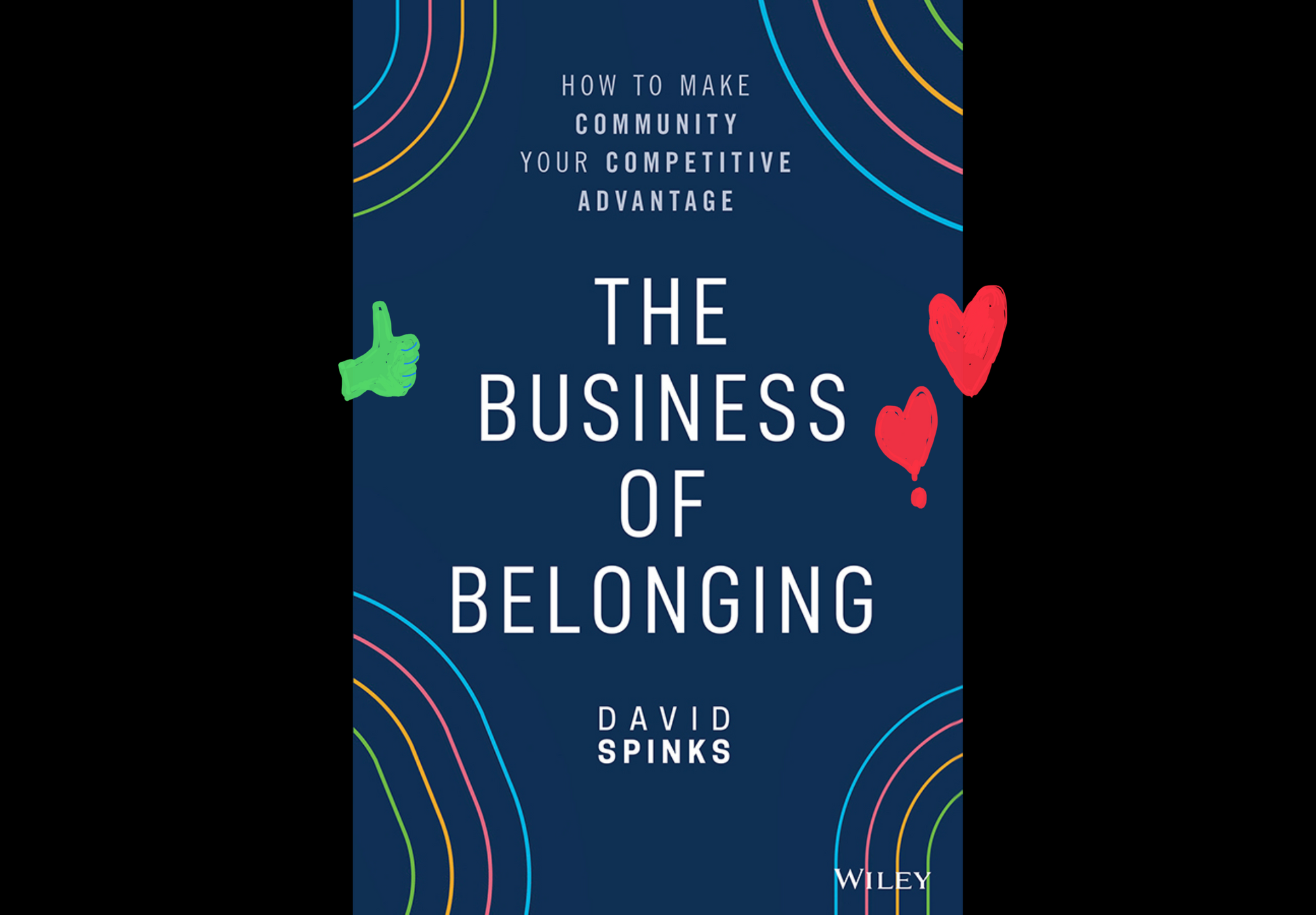
How being a good writer can take your career to the next level
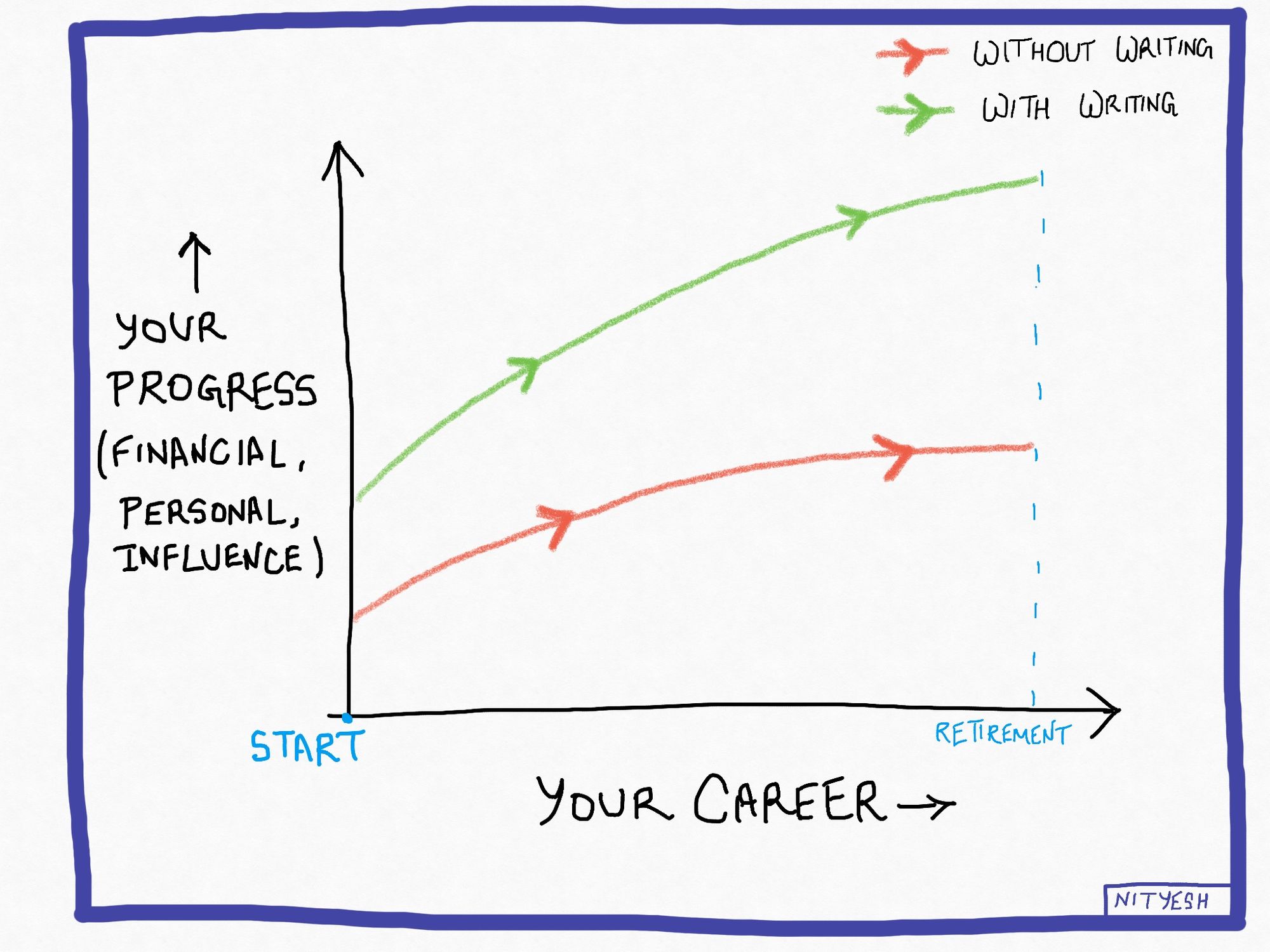
Tough questions to ask your remote employer who gives you Cost Of Living based compensation and some thoughts on how remote compensation will work in the future

My naturally honest book recommendations
Simple rules for better programming that are generally neglected by newcomers

20 cool project ideas for data science, machine-learning app development, and web development

A guided project that helps you dive into creating something cool and learn useful programming concepts by yourself!

3 systems to make self-learning easier, Mentors to follow on Twitter and Cool Project Ideas for learning

What I will do is I sew a very simple explanation of Gradient Boosting Machines around the parameters of 2 of its most popular implementations — LightGBM and XGBoost.

What I also want to say is that these cool webpages/people that I come across can come to anyone.

I analysed the Stack Overflow survey and found a stark contrast in salaries, youth, interest in new tools, opinions about AI, ethics and more..

Earlier, I wasn’t so sure. I would say something like do this course or read this tutorial or learn Python first (just the things that I did). But now, as I am going deeper and deeper into the field, I am beginning to realise the drawbacks of the approach that I took.
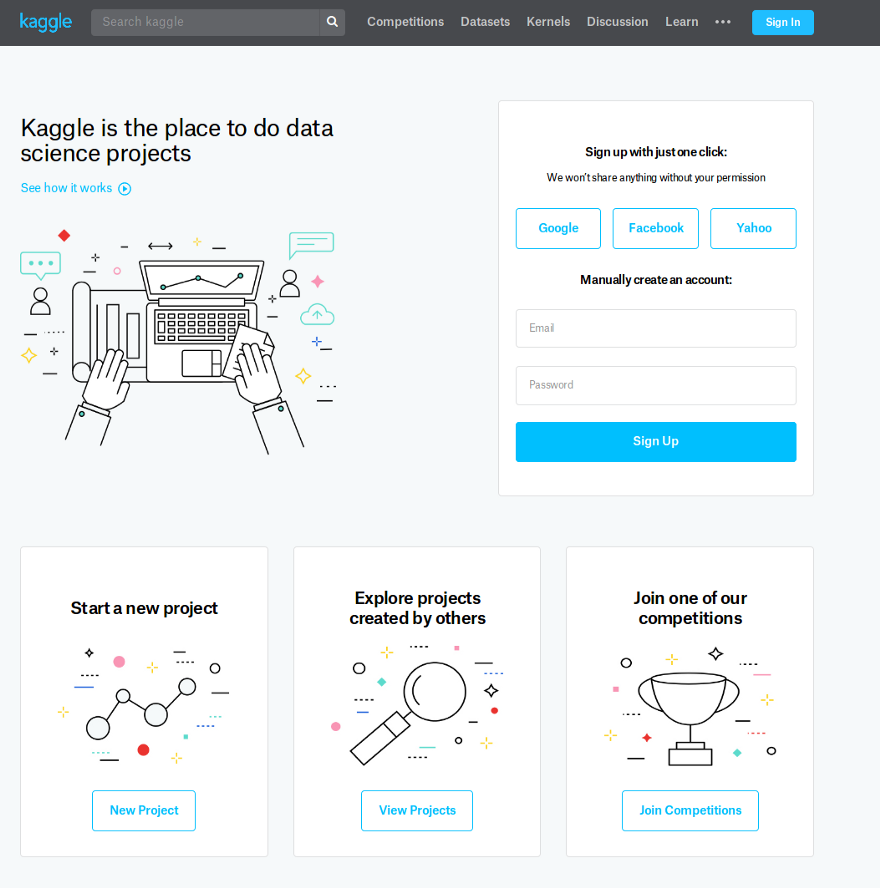
With hundreds of papers being published every month, anybody who is serious about learning in this field cannot rely merely on tutorial-style articles or courses where someone else breaks down the latest research for him/her.

“Every great developer you know got there by solving problems they were unqualified to solve until they actually did it.”

It almost eases the mind to believe that we have this intangible sort of.. man-made “thing” that is analogous to the mind itself! It is especially appealing to someone who has just begun his/her Deep Learning journey.

A good problem provides a stage. A stage where you can apply your knowledge, see its effects, and draw conclusions from it to improve and go back to perform.

For a long time, I relied solely on my formal education. I put too much faith in it. Last year, when I joined college and all that faith fel
